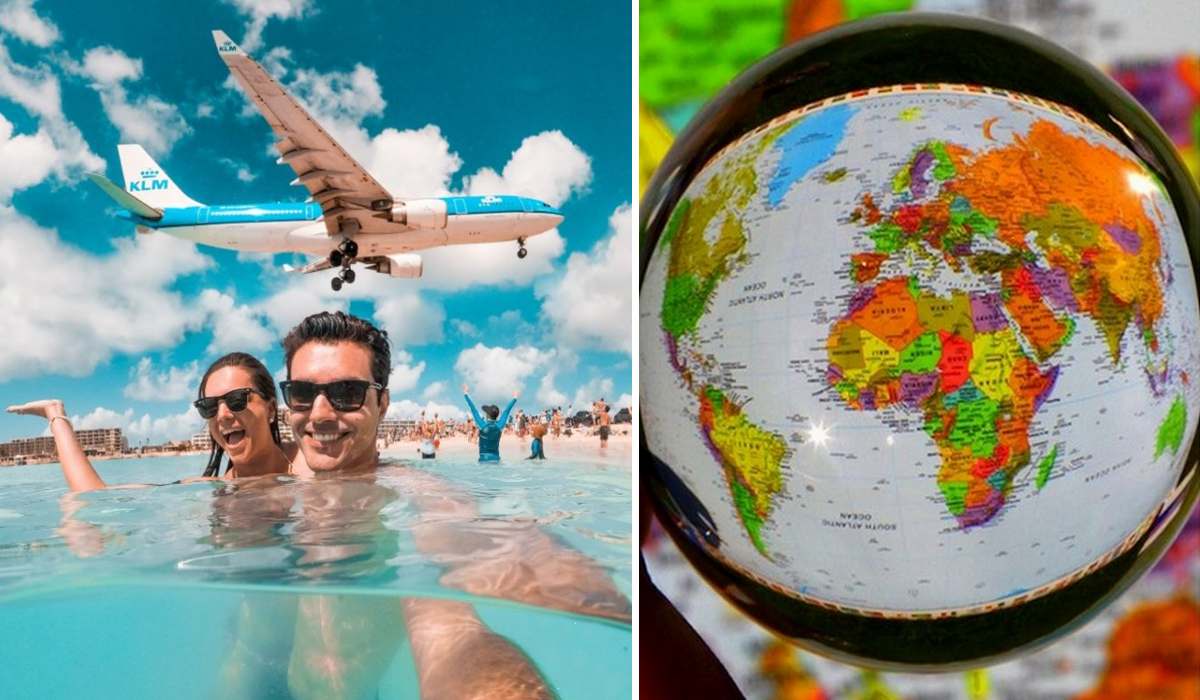A new report from GetYourGuide reveals a major shift in how travellers — especially young British tourists — plan their holidays. Based on search behaviour and booking data, the company highlights the experiences that will dominate travel culture in 2026.
Birdwatching becomes mainstream
Once considered niche, birdwatching is experiencing a revival. Fifty-five per cent of British travellers say they want to spot birds on their trips, and almost half now consider it “cool”. The strongest growth in searches points to the Dimaniyat Islands in Oman, Cat Ba National Park in Vietnam and Doi Inthanon in Thailand.
Walking tours rise sharply
Walking tours are becoming fashionable again. Bookings have increased by 30%, and two-thirds of British travellers say walking experiences are back in trend. More than half book them specifically to find the best local food and drink spots.
Food tourism is booming
Forty-two per cent of British holidaymakers eat more than three times a day while travelling, and 16% eat five times or more. Nearly six in ten Gen Z travellers “always indulge more” during holidays — driving a 46% surge in food-tour bookings.
Coffee culture overtakes nightlife
Nearly three-quarters of British millennials choose destinations purely for their coffee scene. One-third now prioritise coffee culture over nightlife. Coffee-tour bookings surged by 110% year-on-year.
Sunrise experiences gain popularity
More than half of British tourists prefer early starts to enjoy major attractions without the crowds. Morning-tour bookings rose by 64% in 2025.
Workshops instead of beach time
Travellers increasingly want to learn something new. Almost 80% of British millennials say they sunbathe less and choose workshops or sports activities instead. Bookings for classes and hands-on sessions rose by 73%.
DIP explains: global travel directions for 2026
The British findings reflect broader global shifts that will define travel culture.
Sustainable travel. Growing demand for eco-friendly hotels, carbon-light itineraries, local community support and conservation-focused trips.
Digital detox. A rising interest in meditation retreats, nature escapes and destinations with limited connectivity.
Hyper-personalisation. Technology enables customised itineraries tailored to individual preferences, updated in real time.
Cultural immersion. Travellers want proximity to real life — markets, festivals, traditional crafts and local communities.
VR and AR in travel. Wider use of augmented and virtual-reality tools, from interactive guides to immersive museum experiences.
Spontaneous trips. Last-minute travel is becoming easier thanks to mobile platforms and flexible pricing.
Solo travel. A growing segment of travellers seek independence, self-development and meaningful social connections on the road.

